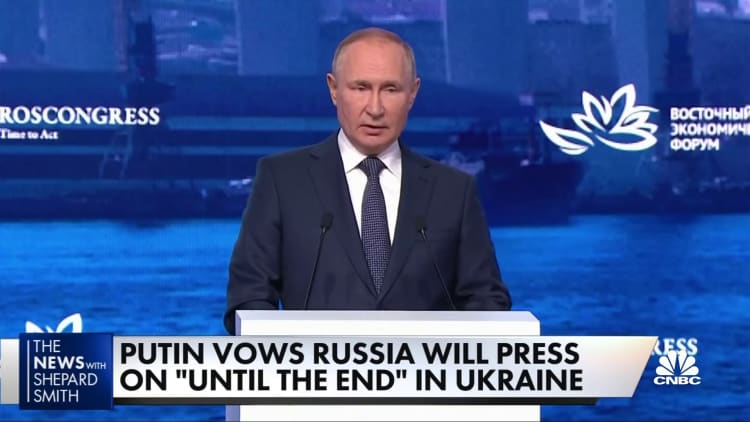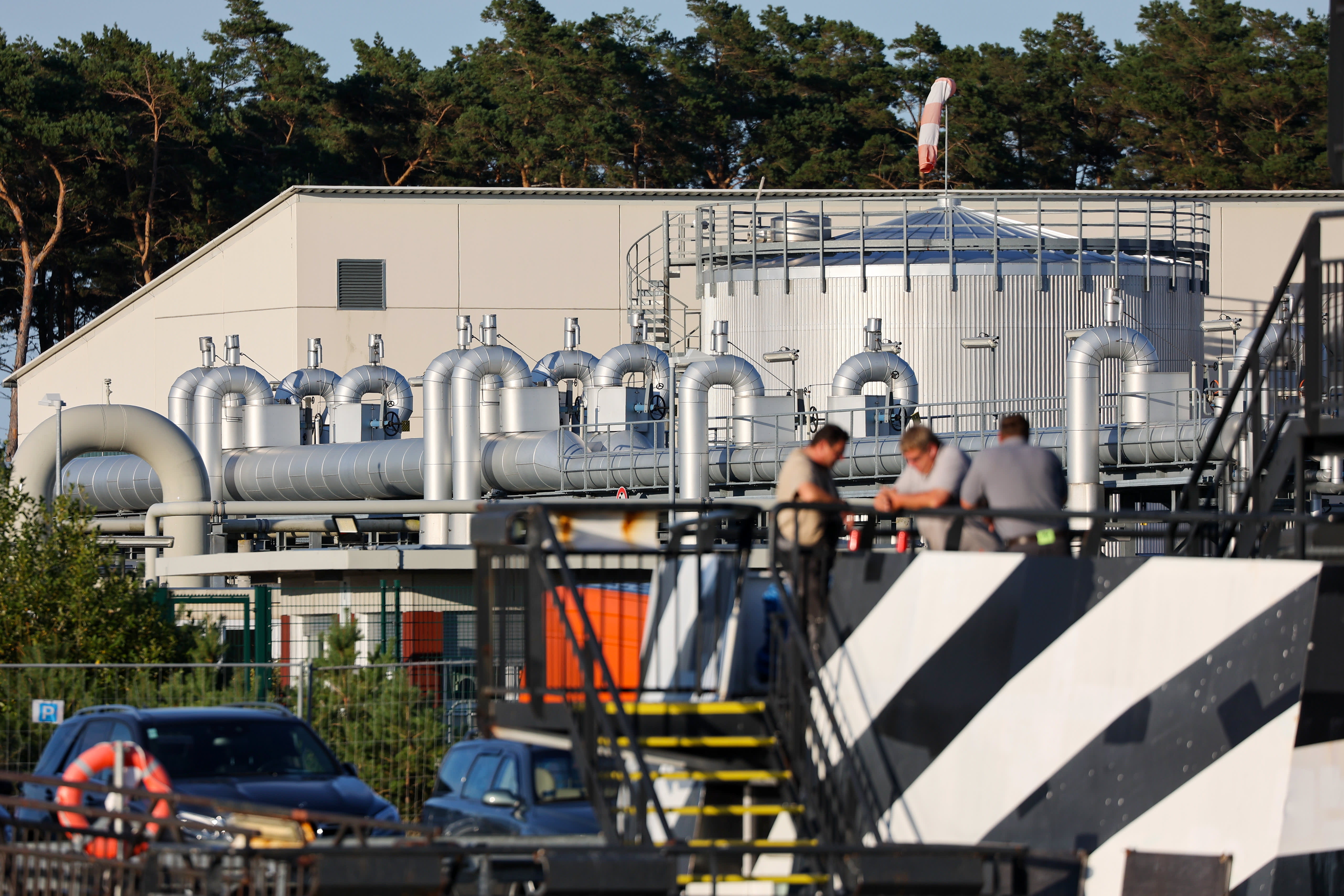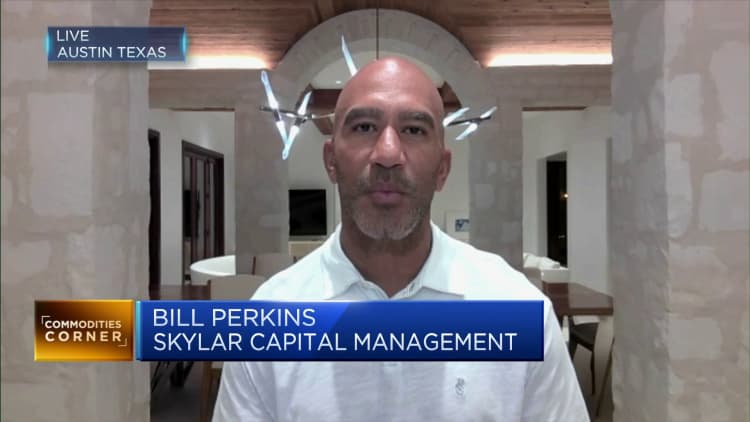Putin threatens to let Europe ‘freeze’ over winter, raising risk of energy rationing

Europe was already facing a difficult and unpredictable winter when it came to its energy supplies as it looks to phase out all Russian imports.
But Russian President Vladimir Putin on Wednesday again threatened to completely stop all supplies, a move which he hinted would leave Europe to “freeze.”
related investing news

Russia has already halted gas supplies to the region citing technical issues on the Nord Stream 1 pipeline, leaving the region vulnerable as it tries to replenish energy storage ahead of the colder months.
Responding to EU proposals to implement price caps on Russian energy imports, Putin told business leaders in Vladivostok that Russia could yet decide to rip up existing supply contracts.
“We will not supply gas, oil, coal, heating oil — we will not supply anything,” Putin said.
Sergei Karpukhin | Afp | Getty Images
“Will there be any political decisions that contradict the contracts? Yes, we just won’t fulfill them. We will not supply anything at all if it contradicts our interests,” Putin said at the Eastern Economic Forum in Russia’s far east.
“We will not supply gas, oil, coal, heating oil — we will not supply anything,” Putin said.
“We would only have one thing left to do: as in the famous Russian fairy tale, we would let the wolf’s tail freeze,” he said.
Russian newspaper Pravda describes the tale as involving a cunning fox who made a stupid wolf catch fish in the frozen river by putting his tail into an ice hole.
“The fox would hop around the desperate and hungry wolf saying “freeze, freeze, the wolf’s tail” until the ice hole froze trapping the wolf in the ice. Men from the village then came and beat the wolf for all the bad things that he had done to them in summer. The wolf struggled and escaped, but his tail was left in the frozen ice hole,” Pravda said.
Energy rationing
Putin’s threat to halt all supplies raises the risk of energy rationing in Europe this winter. The EU has already called upon its members to voluntarily reduce their gas consumption by 15% in the fall and winter but that might not be enough to allay the need for restrictions on gas use.
A number of European governments have announced measures to protect citizens from rocketing energy bills. In the meantime, Western nations are trying to put pressure on Russia’s energy revenues, which they say are funding the unprovoked invasion of Ukraine, by proposing price caps on Russian oil and gas.
European Commission President Ursula von der Leyen on Wednesday described the situation facing Europe as “extraordinary … because Russia is an unreliable supplier and is manipulating our energy markets.”
She said the Commission would put forward immediate measures to help consumers, including a mandatory target for reducing electricity use at peak hours, a cap on revenues of companies producing electricity with low costs, and other plans to share the burden of energy price rises.

“Low carbon energy sources are making unexpected revenues, which do not reflect their production costs. It is now time for consumers to benefit from the low costs of low carbon energy sources, like renewables,” von der Leyen said in a statement, saying fossil fuel companies should also contribute to easing pressures on consumers.
“Oil and gas companies have also made massive profits. We will therefore propose a solidarity contribution for fossil fuel companies. Because all energy sources must help address this crisis.”
Von der Leyen said energy utility companies must be supported to cope with the volatility of the markets and proposed a cap on Russian gas. “The objective here is very clear. We must cut Russia’s revenues which Putin uses to finance this atrocious war against Ukraine.”
At the beginning of the war, she noted that the EU imported around 40% of its gas from Russia. It had reduced that level down to 9% of its gas imports, she said.
EU energy ministers are set to meet on Friday to discuss the proposals outlined by the Commission.
For all the latest World News Click Here
For the latest news and updates, follow us on Google News.

